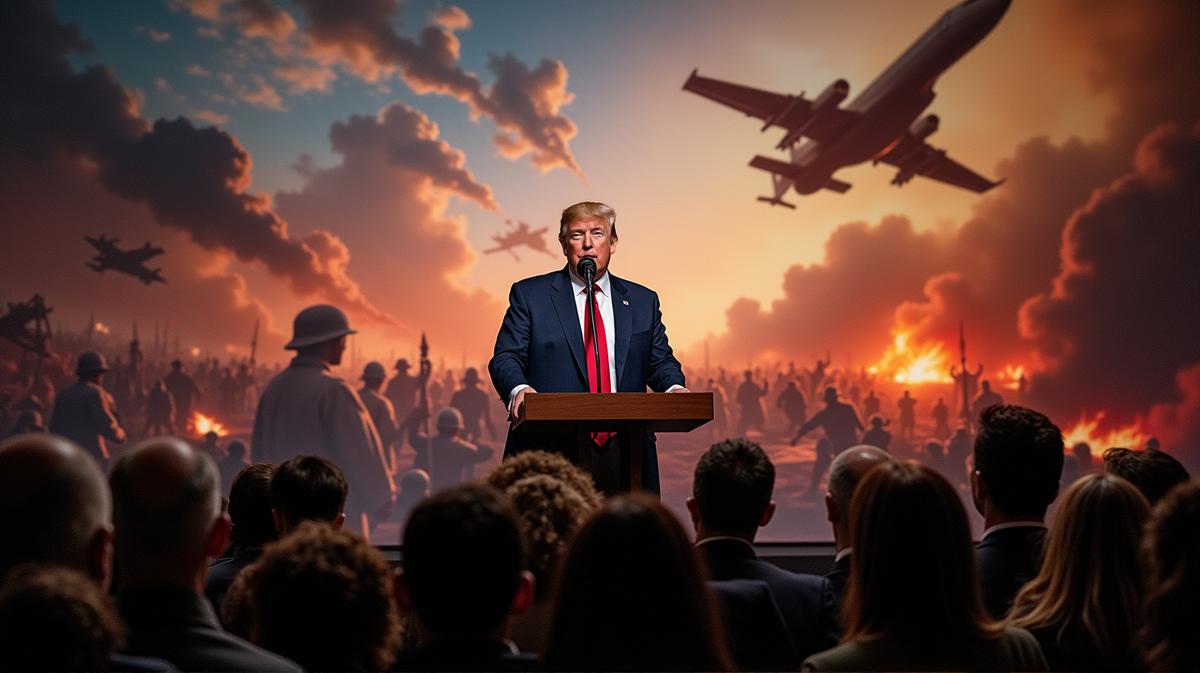Trump's Potentially Divisive Renaming of Veterans Day Ignites Debate
President Trump's proposal to rename Veterans Day to celebrate military victories sparks discussion on historical significance and national unity.

The proposal from President Donald Trump to rename Veterans Day as ‘Victory Day for World War I’ has stirred both excitement and controversy across the nation. Using a late-night post on Truth Social, Trump emphasized the need for the country to begin celebrating its notable military triumphs once more, a sentiment he feels has been overlooked in recent years.
A Push for Celebrating Military Triumphs
President Trump’s suggestion came with strong rhetoric on the necessity of honoring the sacrifices made by the United States in both World Wars. Trump believes that by revamping traditional holidays, it reaffirms the country’s legacy of strength and bravery, stating, “We won both Wars… but we never celebrate anything.” His words hint at a broader desire to instill pride in past military successes as part of the American identity.
Historical Roots of Veterans Day
Originally established as Armistice Day after World War I to honor American veterans, the day was later broadened in scope during the 1950s to recognize all who served in subsequent conflicts, including World War II and the Korean War. Veterans Day, made a federal holiday in 1968, now commemorates all U.S. servicemembers, acknowledging sacrifices from wars spanning Vietnam to the present conflicts in the Middle East.
The Reaction and Considerations
Renaming Veterans Day to focus on specific victories has sparked a debate, both within the U.S. and internationally. According to Politico, critics worry this move could marginalize the broader recognition of veteran sacrifices. Furthermore, the historical contributions of allies in World War II, such as the United Kingdom and the Soviet Union, complicate claims of singular American victory and may provoke geopolitical tensions, particularly with Russia.
Implications for Historical Balance
While the renaming might spotlight American accomplishments, it also challenges the delicate balance of remembering history’s multifaceted narratives. Each nation’s contribution was vital, with countries like Russia enduring massive casualties, a fact they highlight in their remembrance of the “Great Patriotic War.”
Looking Forward
As discussions continue around this proposal, it remains pivotal to reconcile celebrating military victories with a respectful acknowledgment of all veterans’ sacrifices. The broader community awaits further developments and the potential impact of these changes on both domestic and international relations. The echoes of history remind us that unity in remembrance can often be as potent as victory in battle.





